Have you been in the gym everyday this week? Starting to feel a bit wrecked, struggling to sleep or just don't feel yourself? We are all for pushing your limits, but sometimes even the hardest of us need to rest to avoid overtraining.
Overtraining is a real risk. The intensity of all combat sports and the physical demands on the body requires proper recovery, yet this is a component of training many of us overlook, or avoid. With such a strong focus on maintaining a consistent training schedule, keeping motivation levels high, and making sure we don't miss out on the latest technique, it can feel unnatural to take a step back. But every now and then we need to, so we don't push ourselves into an overtrained state. Overtraining leads your body to a harmful state of exhaustion where not only will you cease to see progress, but your performance will decline as a result.
Our last article on overtraining was our most popular yet, which means we are all guilty of it! Click here to read our article about the three phases and the signs of each.
Here's a brief run down! So how do you know when you’ve pushed yourself too far? Below are some signs and symptoms that you might be overtraining:
Sympathetic symptoms (often experienced first)
- Increased resting heart rate
- Slow heart rate recovery
- Decreased appetite
- Decreased body mass
- Increased sweating
- Disturbed sleep pattern
Parasympathetic symptoms
- Decreased resting heart rate
- Decreased heart rate during light exercise
- Quicker to fatigue
- Output decreased
- Feeling apathetic
- Declined immune system - prone to getting sick
If you’re experiencing some of these symptoms, optimising your recovery is essential - not only for your performance but for your overall health. Below are some things you may want to consider to recover from overtraining.
Lower your training intensity
Feeling lethargic is one of the most obvious indicators of overtraining, and the lack of energy and motivation may make it tempting to skip training altogether. Maybe it actually is time to skip training? Or maybe you just need to dial it back a bit. You don't always need to go balls to the wall with your training.
Physical activity is important to stimulate blood flow and transport essential nutrients to areas in need of healing, such as inflamed muscles and injuries. So depending on how exhausted you are, maybe just reducing your training intensity or adding in some low-intensity movement such as a brisk walk or controlled warm-up exercises would help, to get your blood pumping without the risk of worsening your condition.
If you have been feeling constantly exhausted and you know you aren't feeling 100%, don't keep pushing it. Rest and recharge so you don't go over the edge.
Soak in an Epsom salt bath
Baths aren't just for weight cuts. They can be great for some rest and recovery too!
Epsom salt - also known as magnesium sulfate - has a broad range of benefits, especially for recovery. Soaking in a warm bath with a generous dose of epsom salts is a fantastic way to relax your joints, soothe sore muscles and prime your body for optimum recovery.
Treat yourself...pour yourself a bath after training or go to a recovery centre that has these types of baths...
Have a sauna after training
Have access to a sauna? Time in a sauna helps to promote blood flow, so if you have inflamed injuries that prevent you from maintaining movement throughout the week, this can be an excellent alternative. It also stimulates your body’s production of heat shock proteins and Human Growth Hormones (HGH), which further aid in recovery.


Invest in essential oils
No, we aren't trying to get all hippy on you...Essential oils are compounds extracted from plants and have been linked to a wide array of benefits including relief from allergies, sinus issues, stress, and more.
Although they can be extracted from many different sources for different treatments, Eucalyptus has been reported to be particularly beneficial for athletes due to its ability to open up the airways.
Dilute a couple of drops into water and spray lightly onto the rocks at your sauna, or you can add a couple of drops to your bath or onto your pillow to promote relaxation and improved breathing while you sleep.
Visit a sensory deprivation tank
Joe Rogan always talks about them, but have you actually tried one?
Time in a sensory deprivation tank can combat cortisol levels and cause them to plummet after just one session. Floating in a tank of warm water mixed with nearly 1000 tonnes of Epsom salt allows your body to absorb the magnesium and reap magnificent benefits for muscle recovery. It's like a salt bath on steroids...unless you're cool with dumping that much salt in your bath at home...


Focus on maintaining good sleep hygiene
Don’t underestimate the power of sleep for your recovery! Non-REM sleep, or deep sleep, plays an important role in healing your muscles. During this phase, your brain is doing very little activity, your breathing slows, and your blood pressure drops. This allows more blood supply to your muscles, transporting more oxygen and essential nutrients to fuel recovery. Additionally, your pituitary gland releases HGH during deep sleep which helps repair muscles and build tissue. On the other hand, lack of sleep results in a decline of HGH, which is linked to loss of muscle mass and impaired performance. Therefore, it is essential to receive at least the recommended 7 - 9 hours of sleep per night. Some ways you can improve your quality of sleep are ensuring the room is pitch black, keeping your room temperature cool, stretching before bed and using blue light glasses at night.
Supplementation
The nutrients we receive from our food play a huge role in fuelling our body’s recovery process. However, when we put our bodies through intense physical strain and have exceeded our capabilities, we can’t always derive the range and quantity of nutrients necessary to repair from our regular diets. Supplementing your diet with quality sports nutrition products can be an easy and convenient way to not only support your full recovery, but to also ensure you perform at your peak.
CMBT RELOAD was engineered for combat athletes, by combat athletes. Not just your typical protein powder, RELOAD is formulated with a unique 4 stage recovery system to support holistic recovery. Combining our powerful Plant Protein Blend, Gut Health Blend, Electrolyte Blend and Anti-Inflammatory Blend, our wholefood protein formula powers your recovery and overall health. Click here to find out more.


It’s crucial that you listen to your body and respond appropriately when you’re feeling your performance and health decline. The consequences of overtraining span far beyond feeling fatigued, and can keep you out of the gym for months - even years - if not seriously addressed.
If you want to find out more about overtraining syndrome, click here to read our article about the three phases and the signs of each.
References
Brand, E. (2014). 3 Advanced Techniques to Help Recover From Overtraining.
Submission Shark. (2020). How To Prevent and Recover from Overtraining | MMA/BJJ Training Tips.
MMA Training Bible. (n.d.). How to Avoid Overtraining in MMA.
SportsLab NYC. (n.d.) The Importance of Sleep for Muscle Recovery.
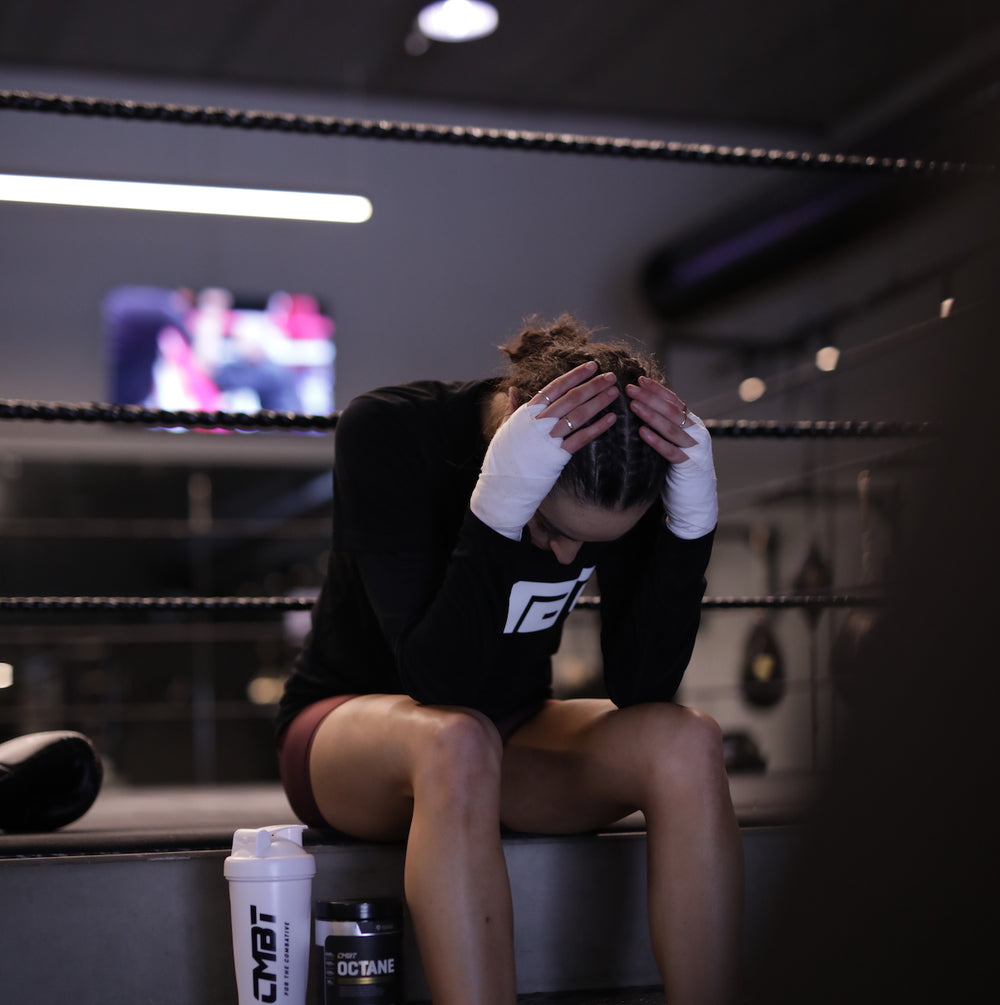

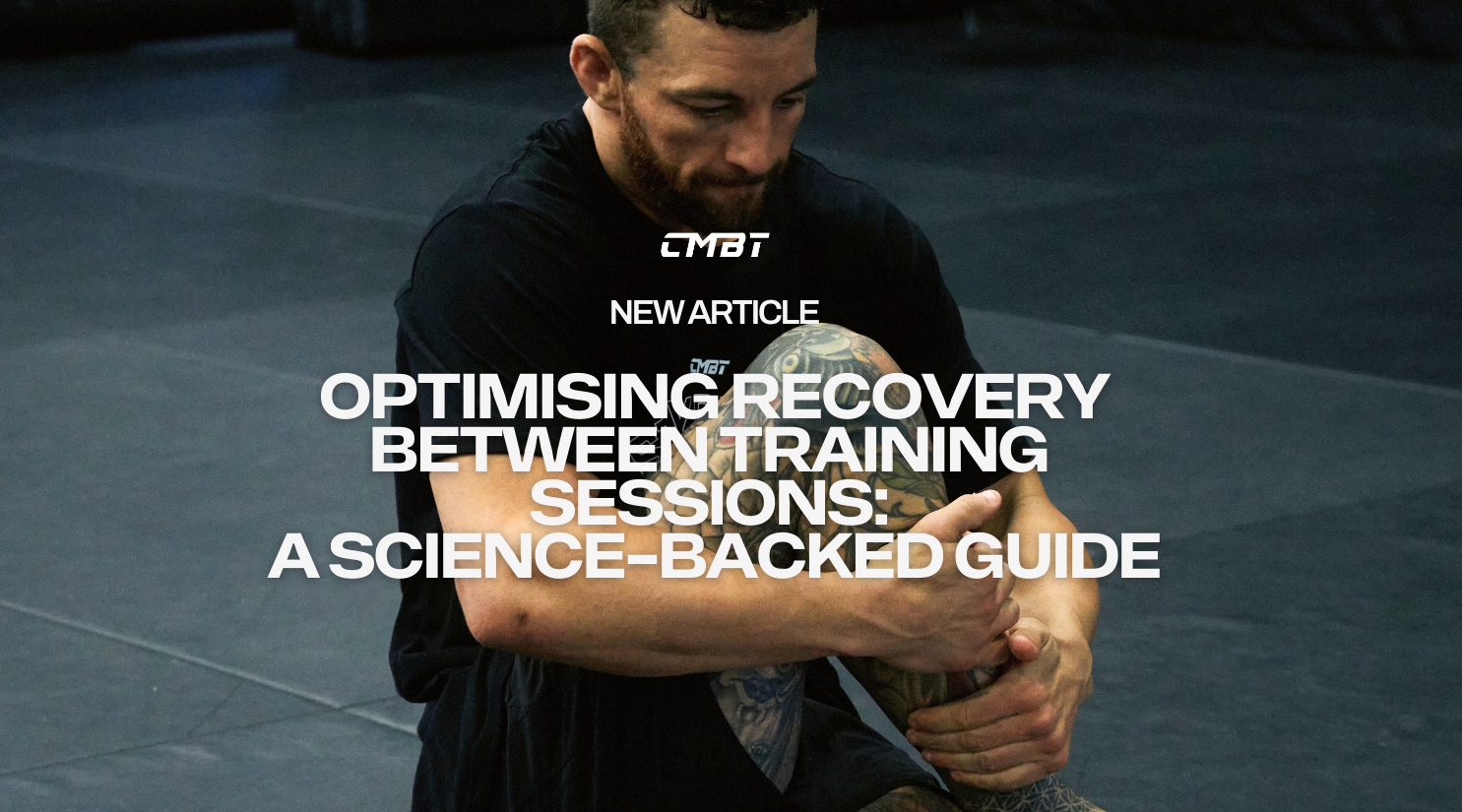


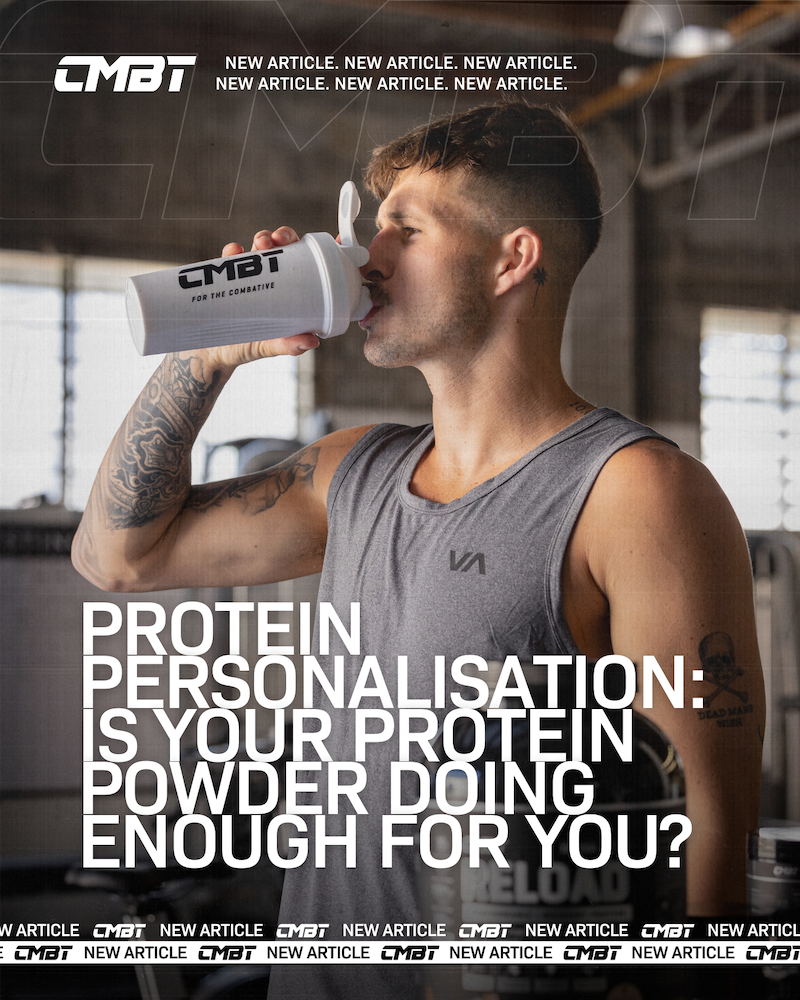
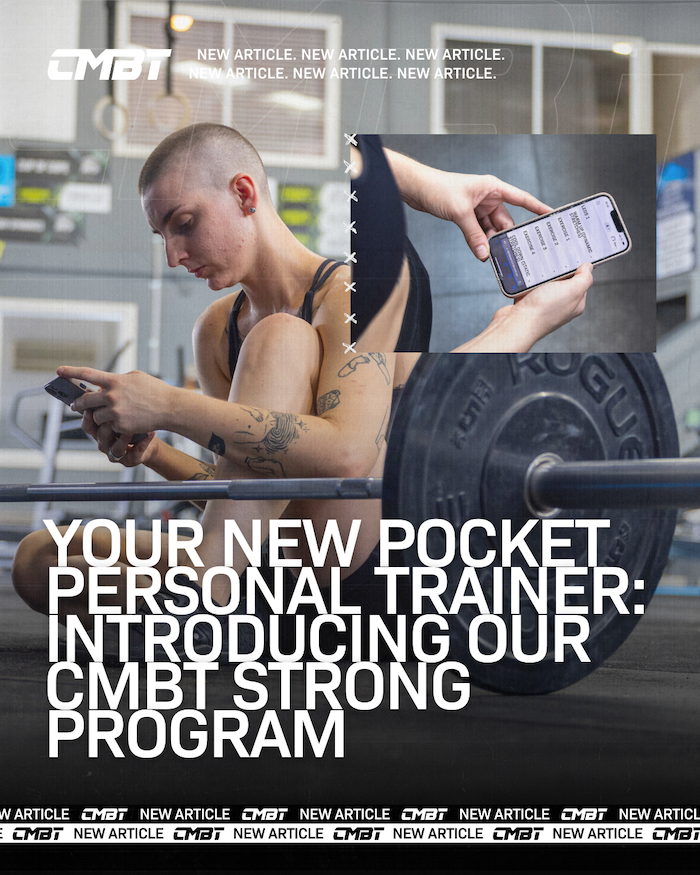
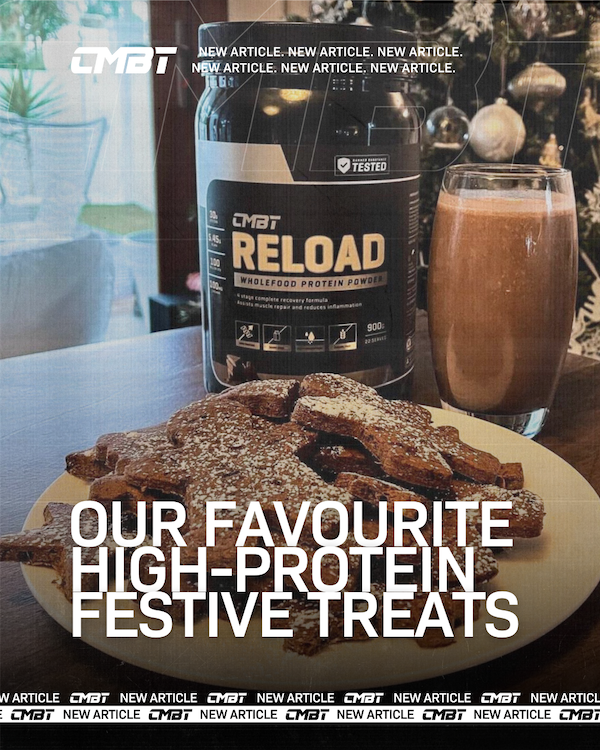

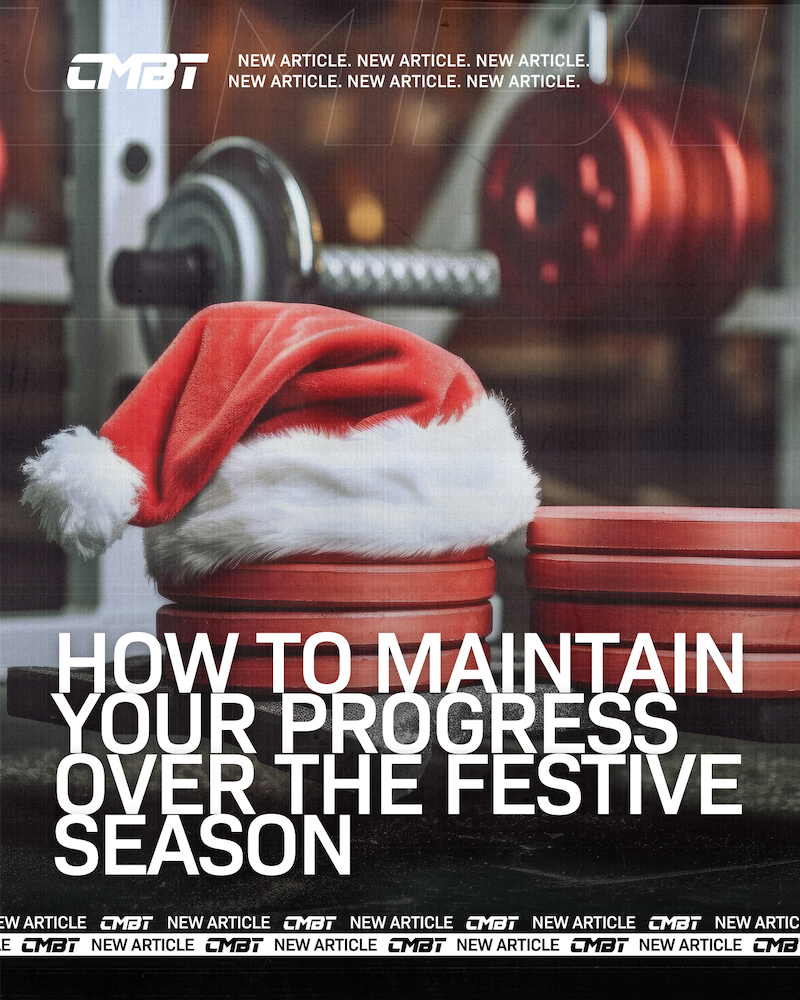
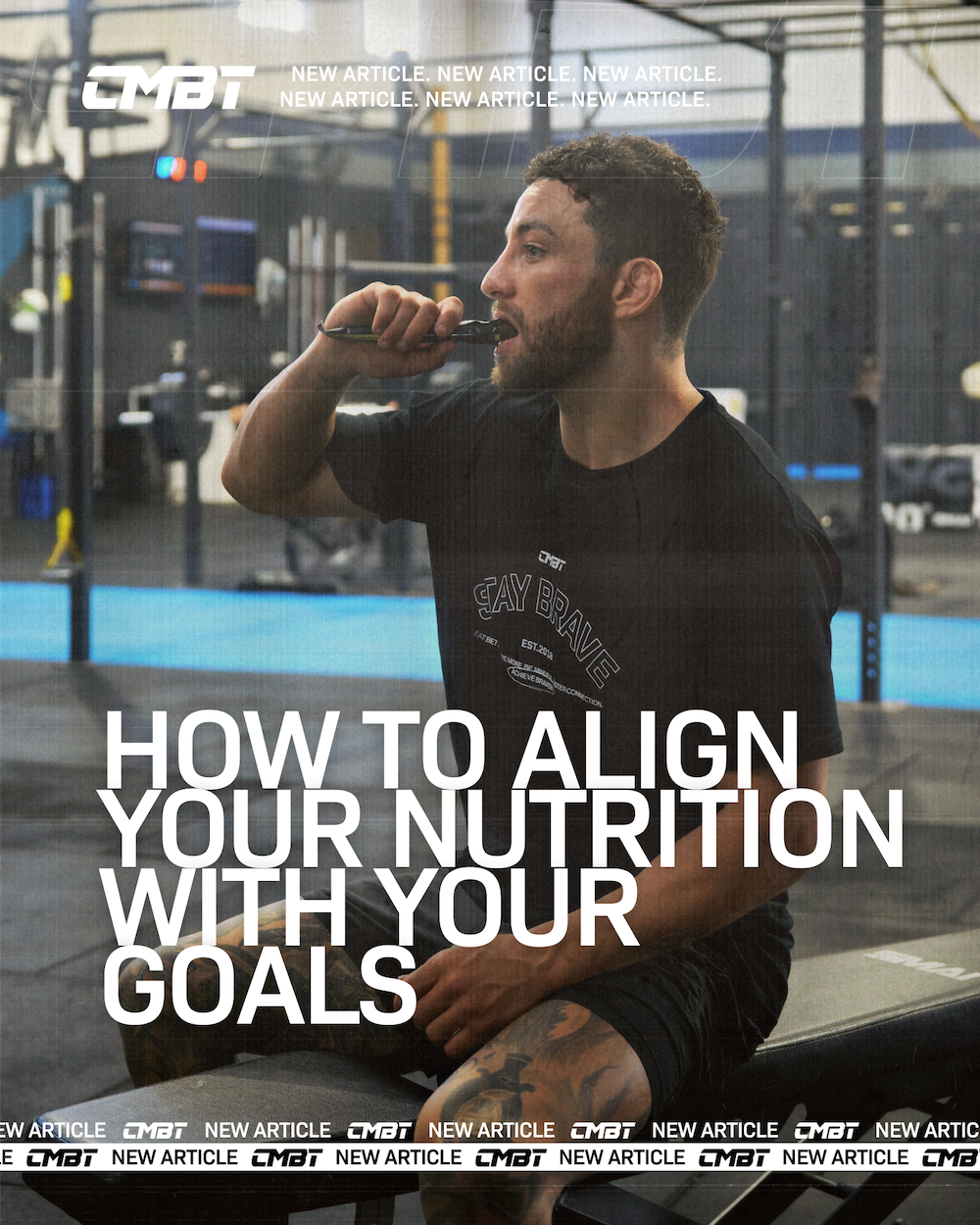

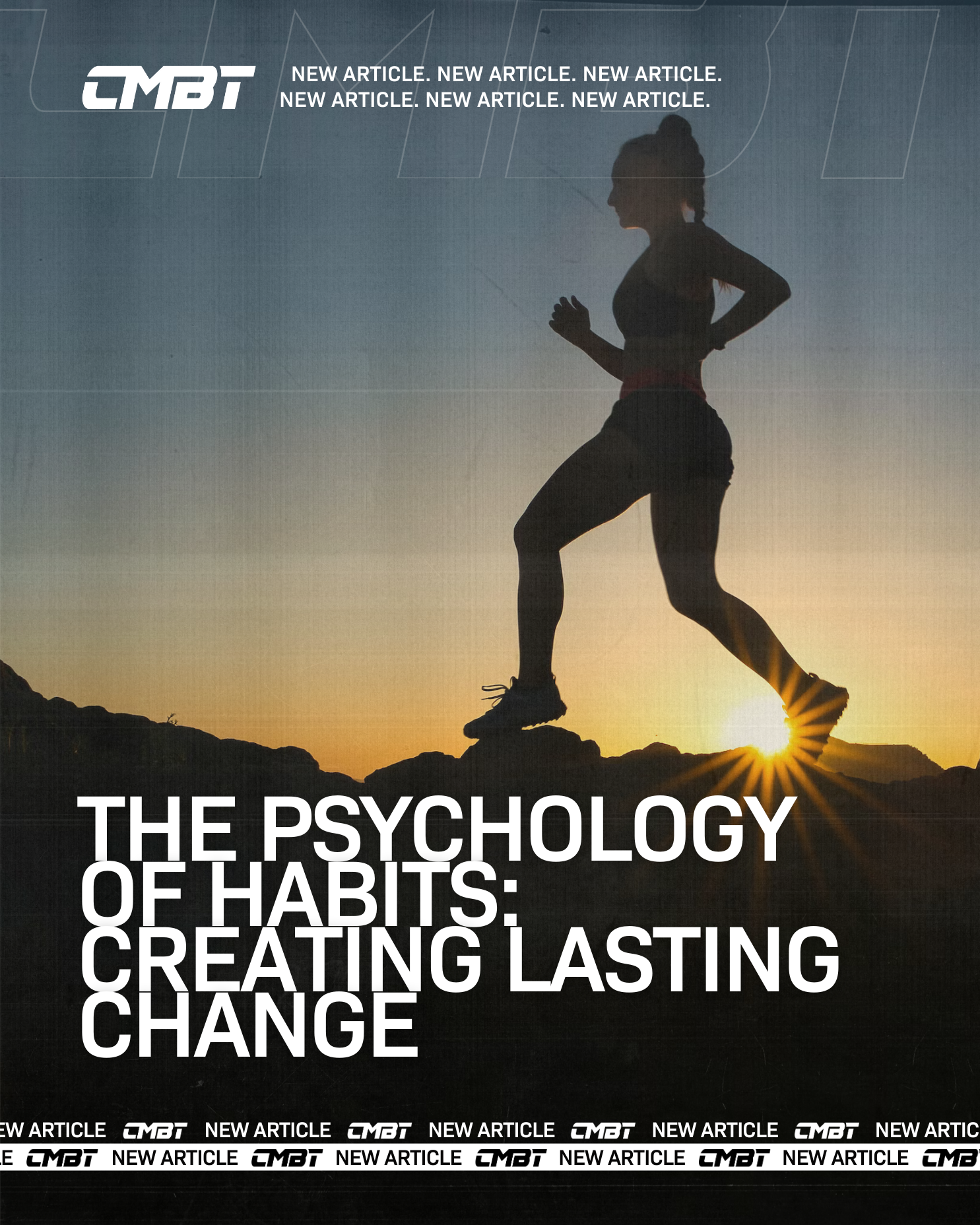

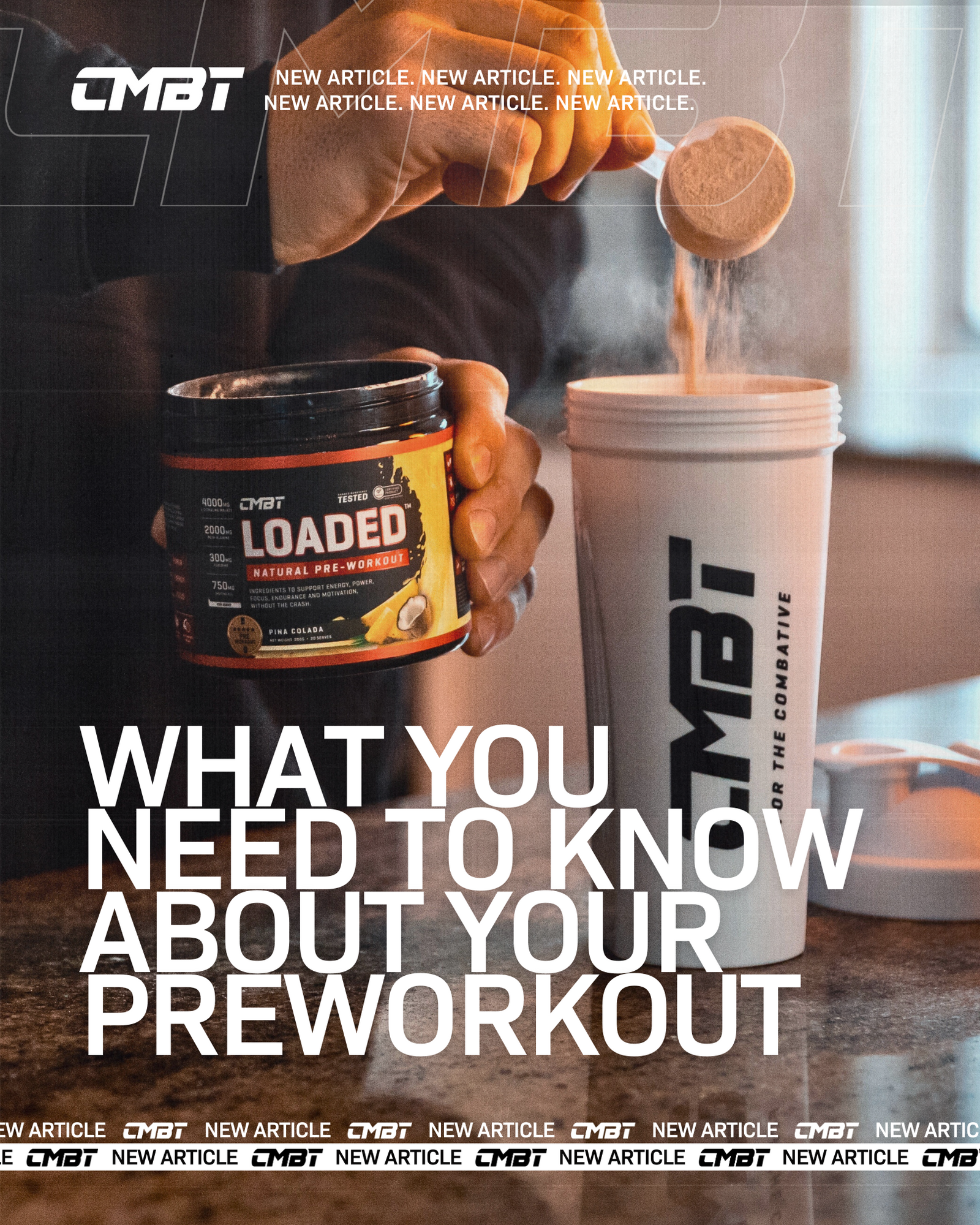

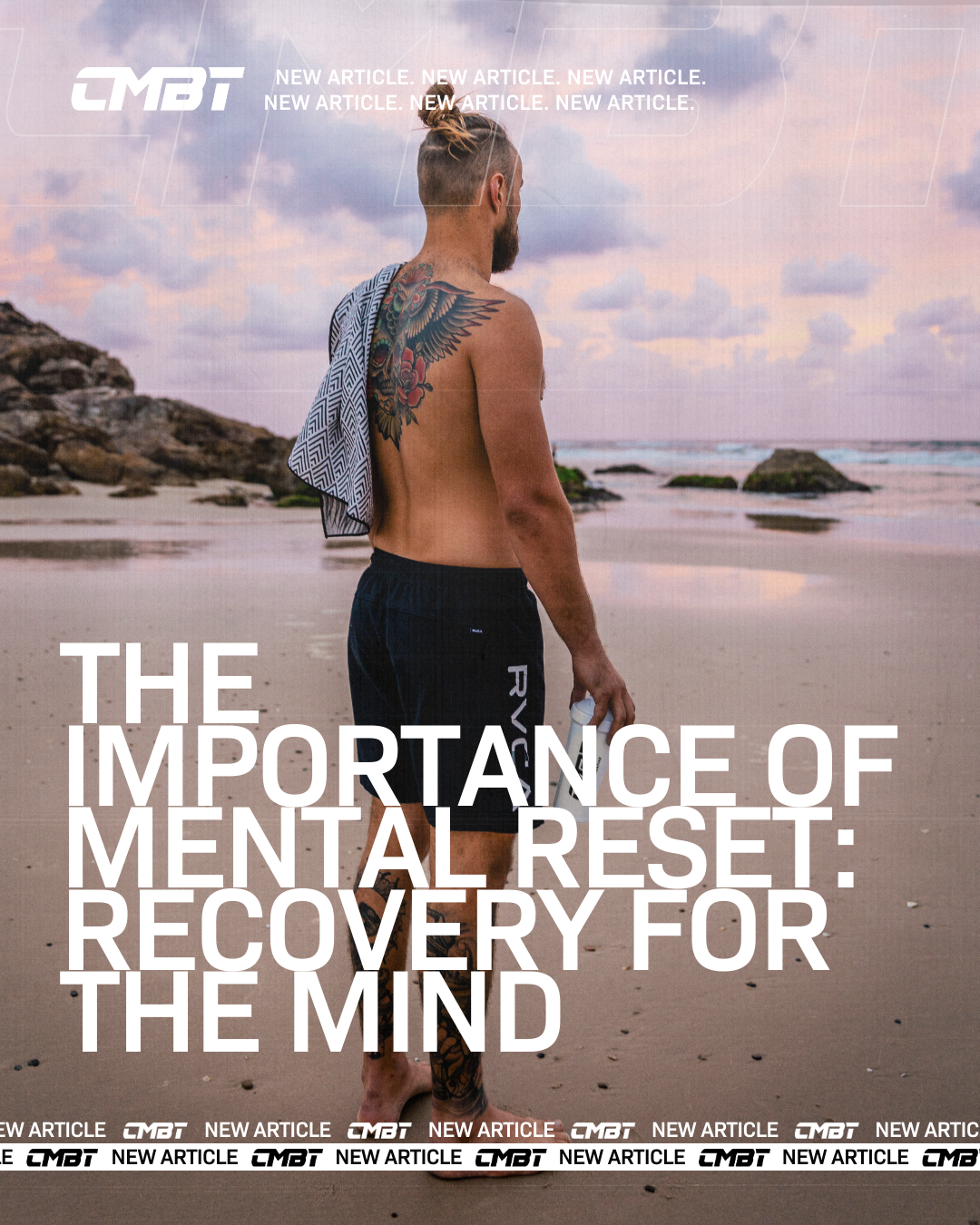
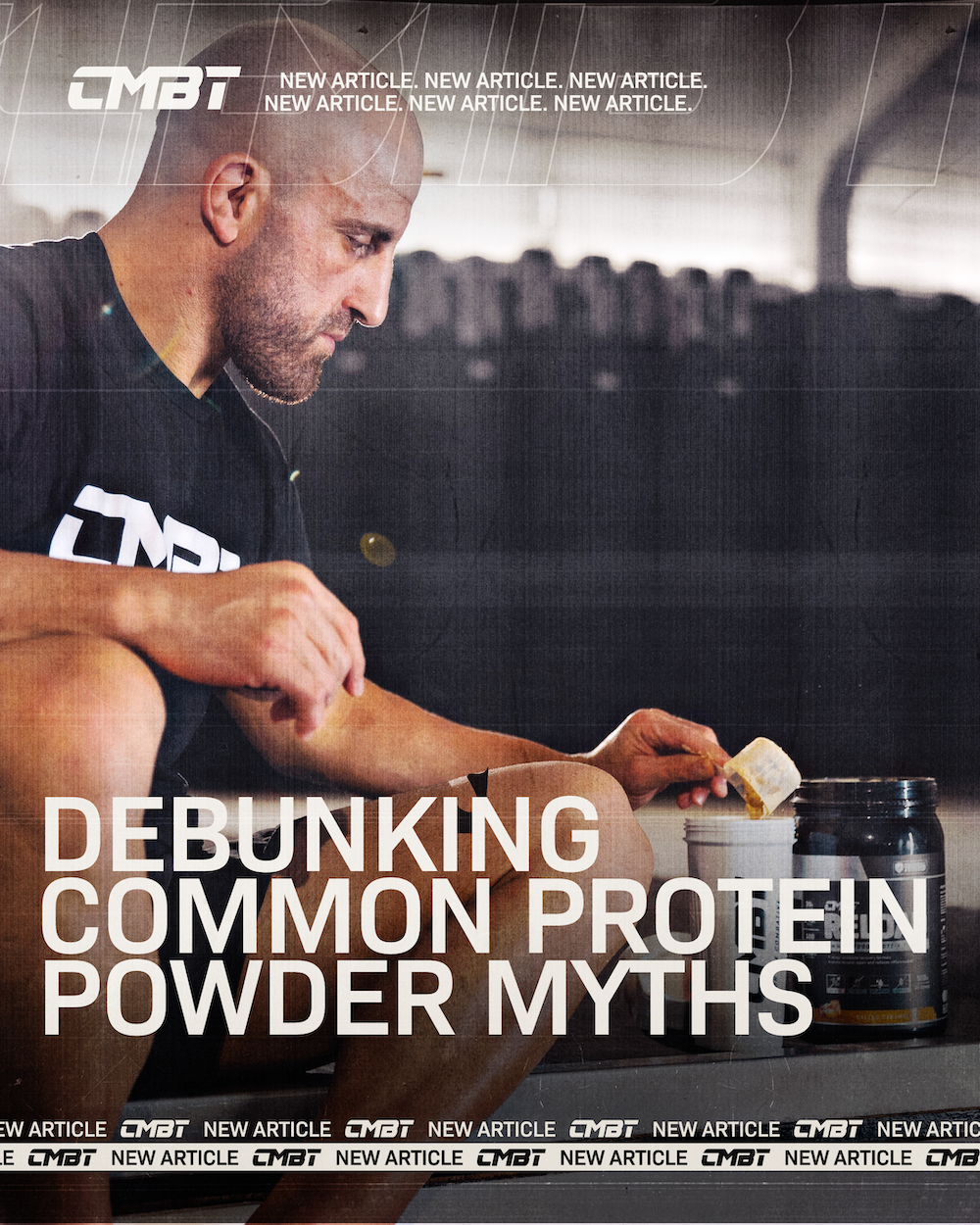


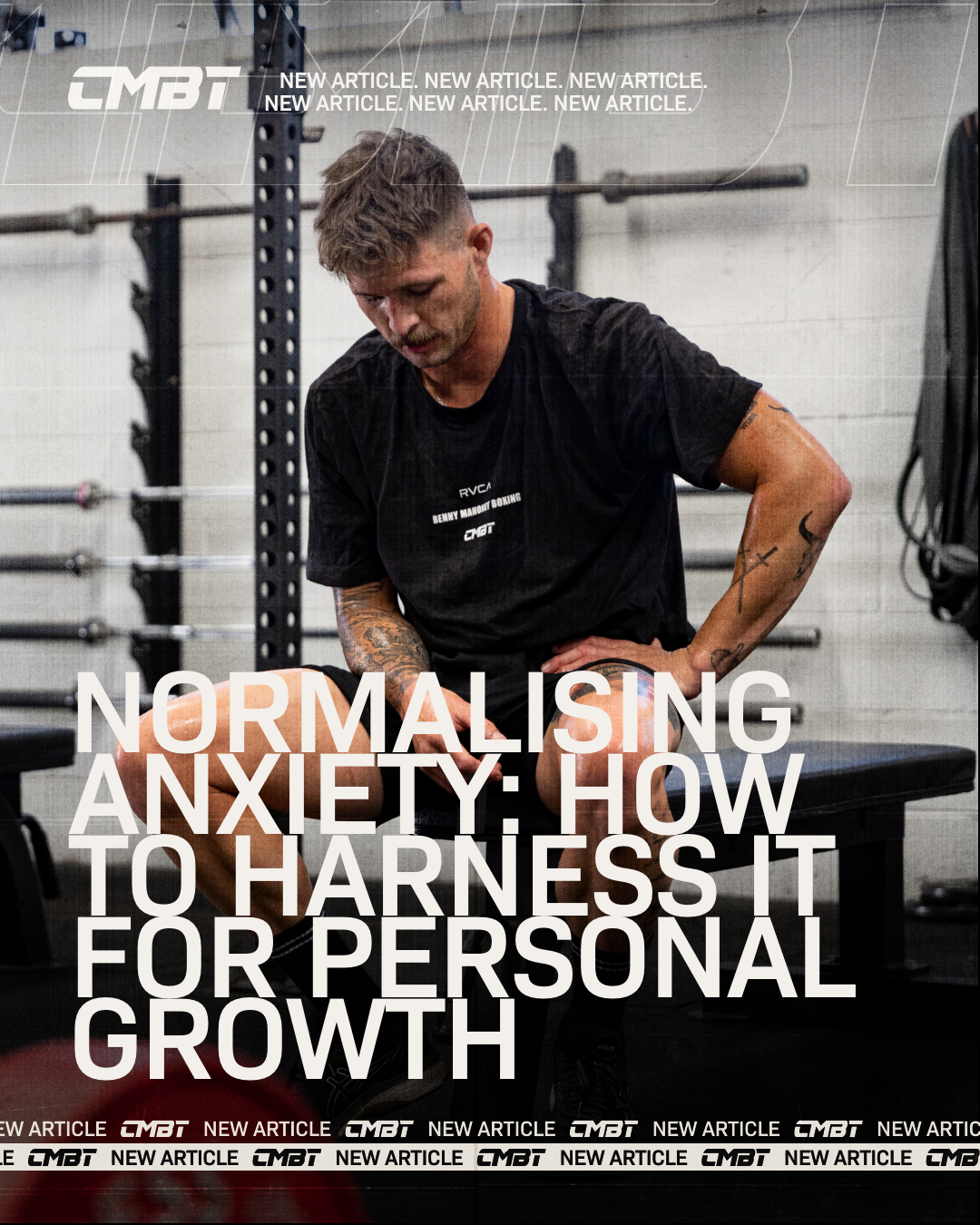

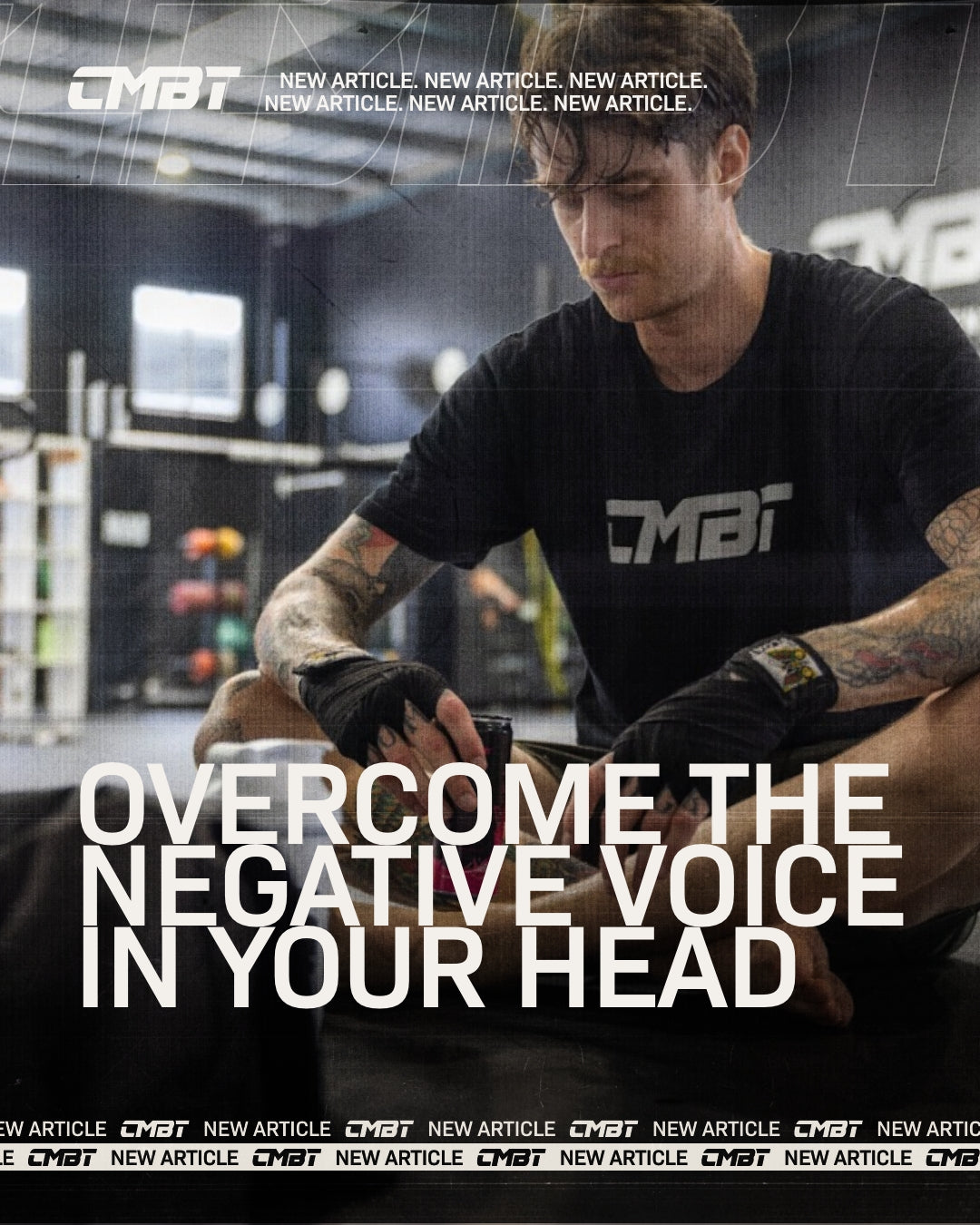


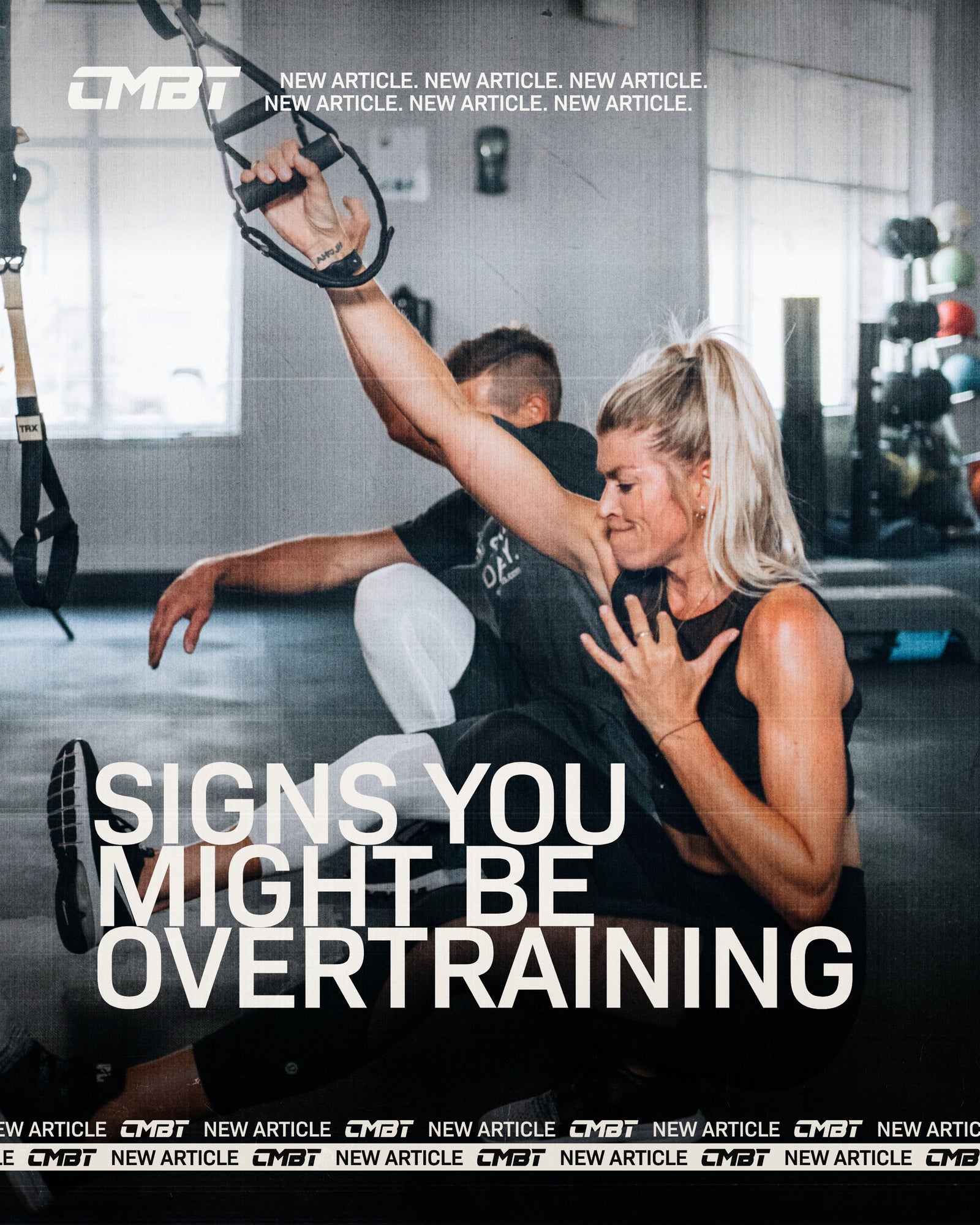


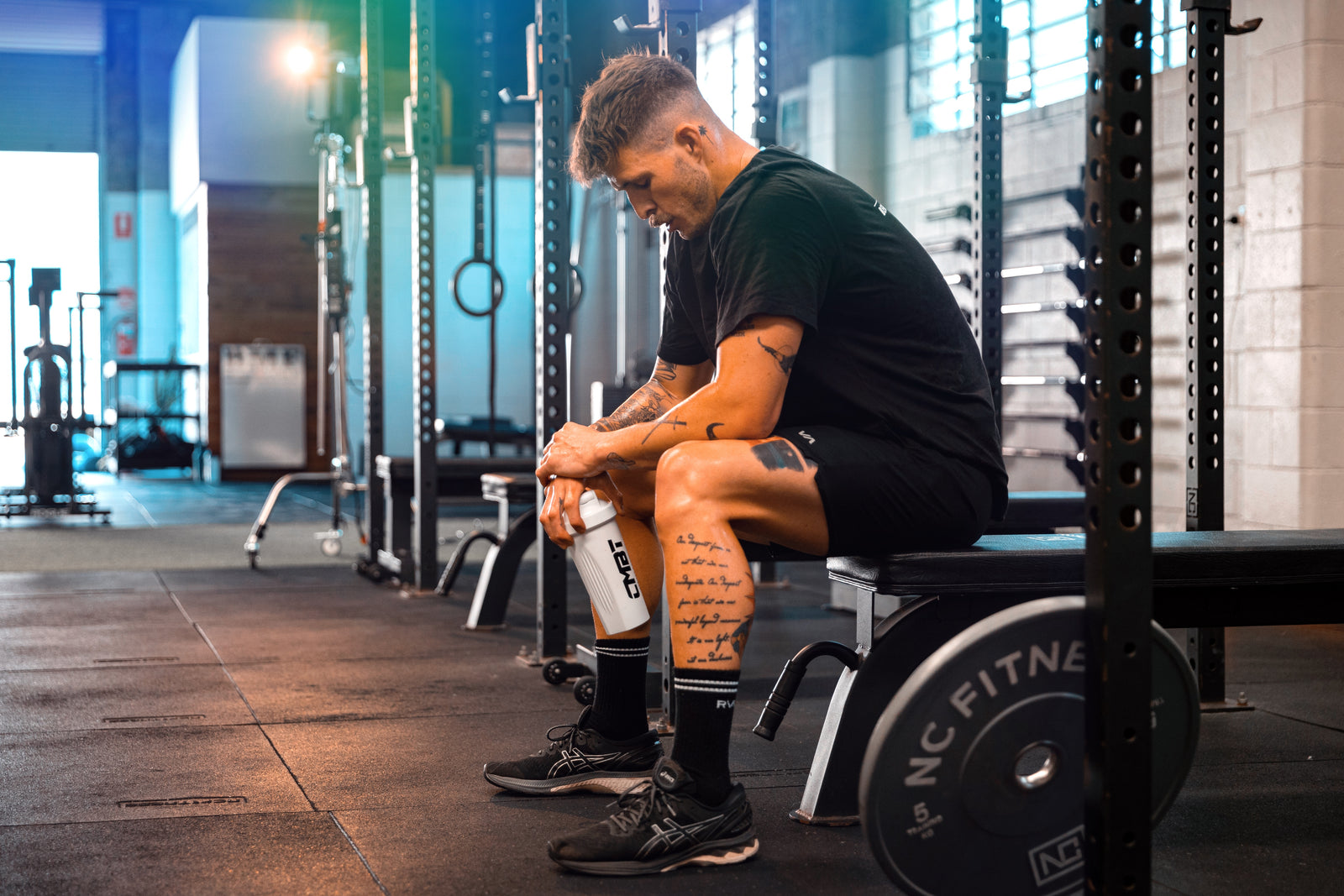
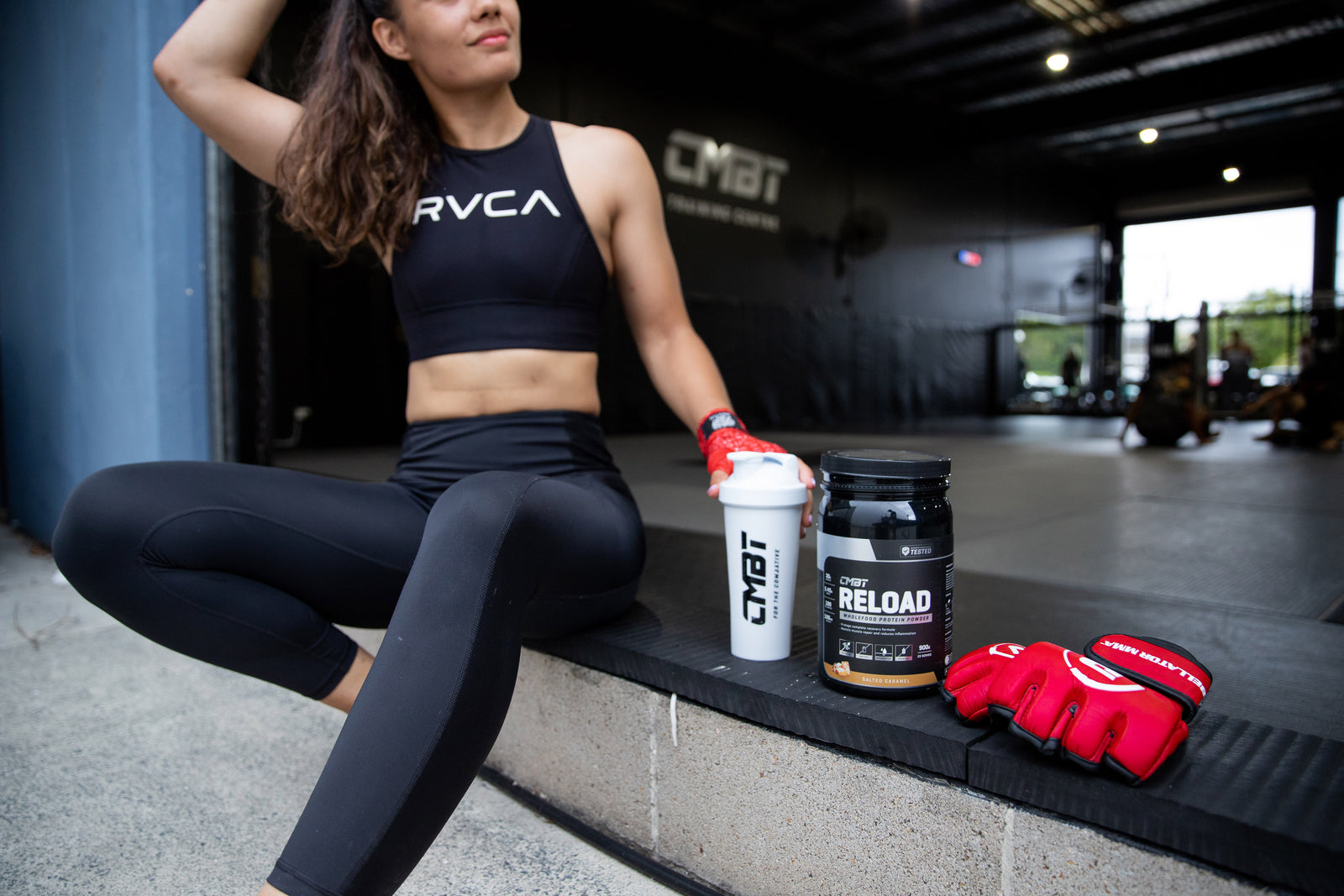
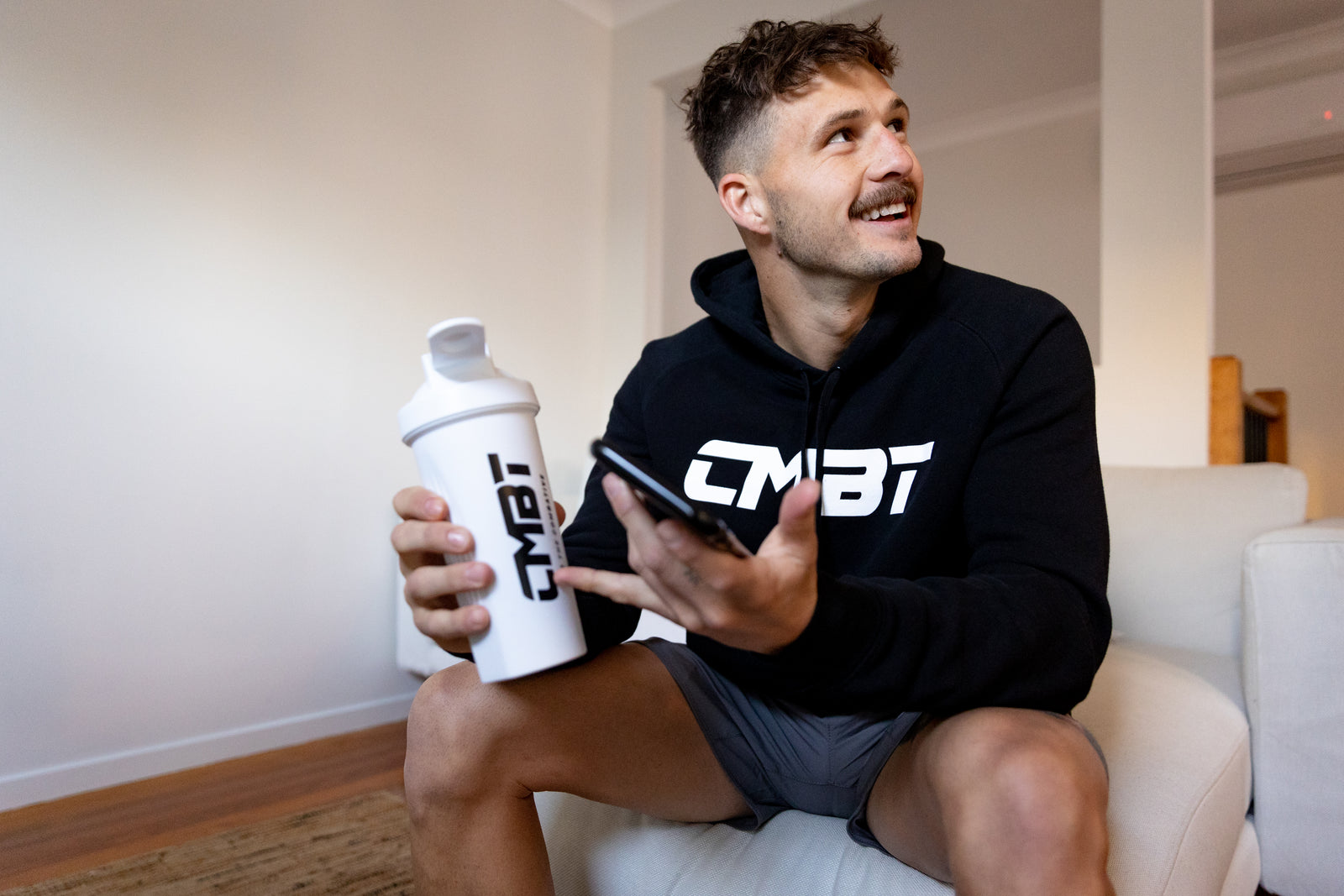

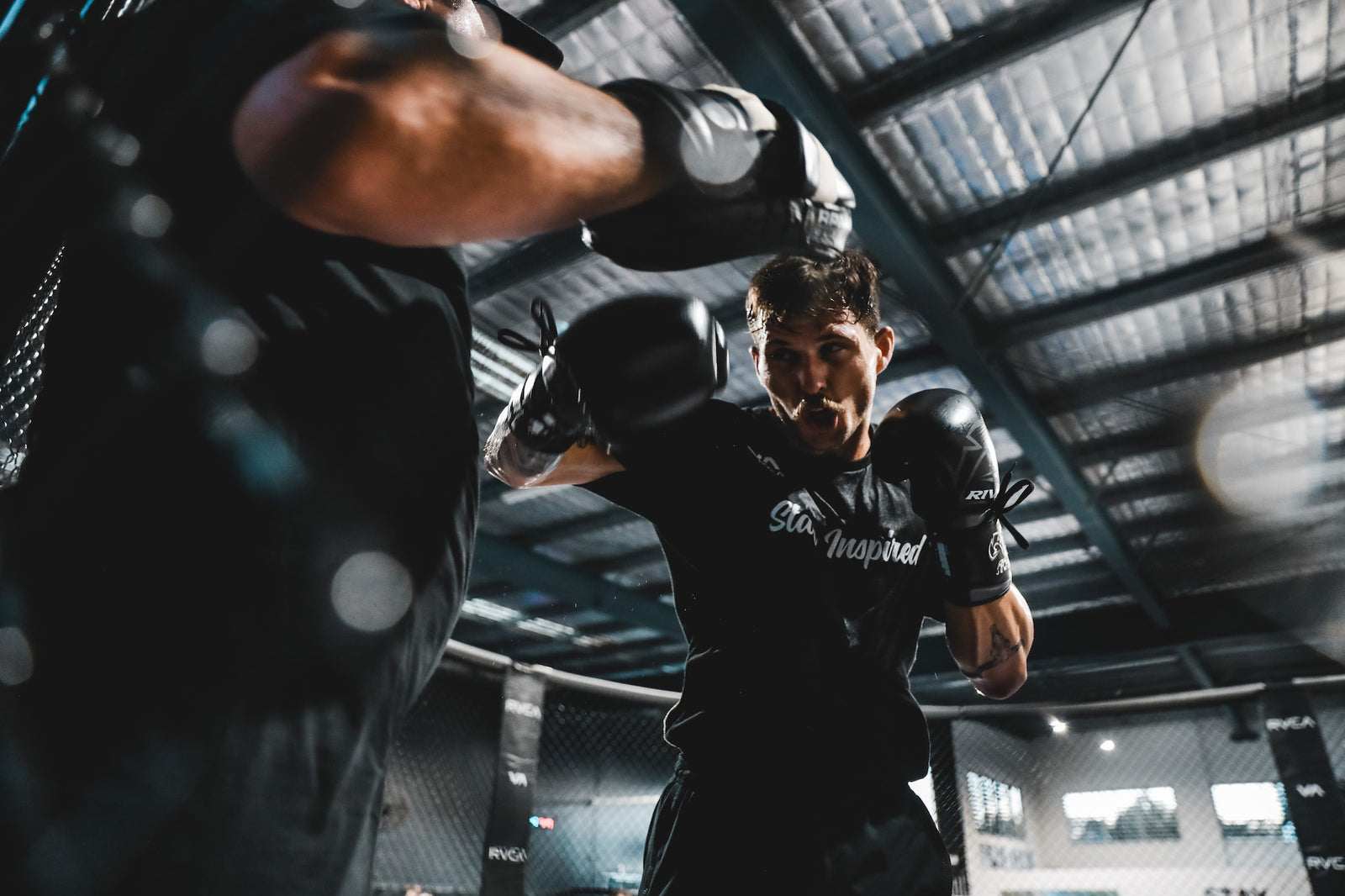
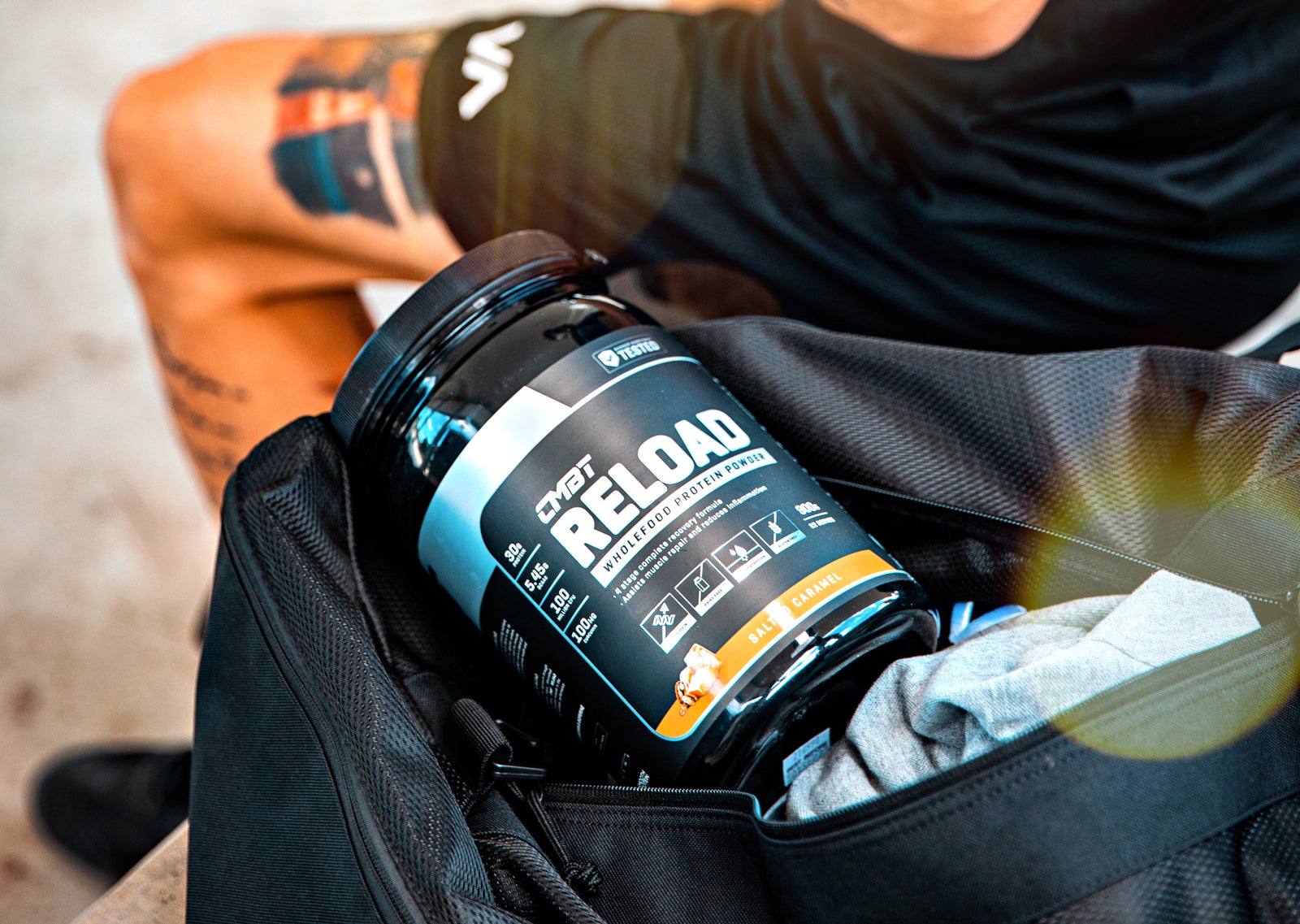
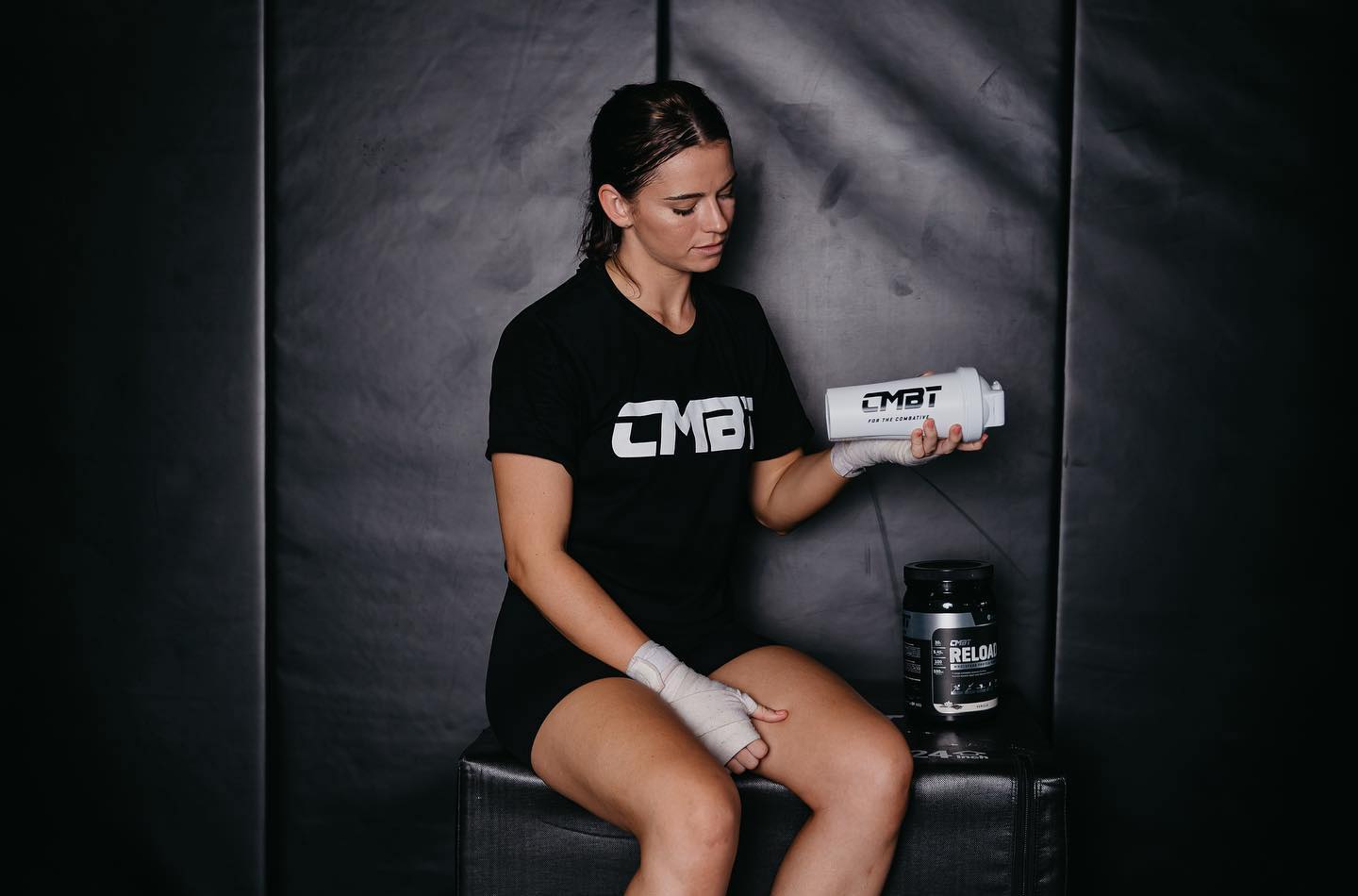


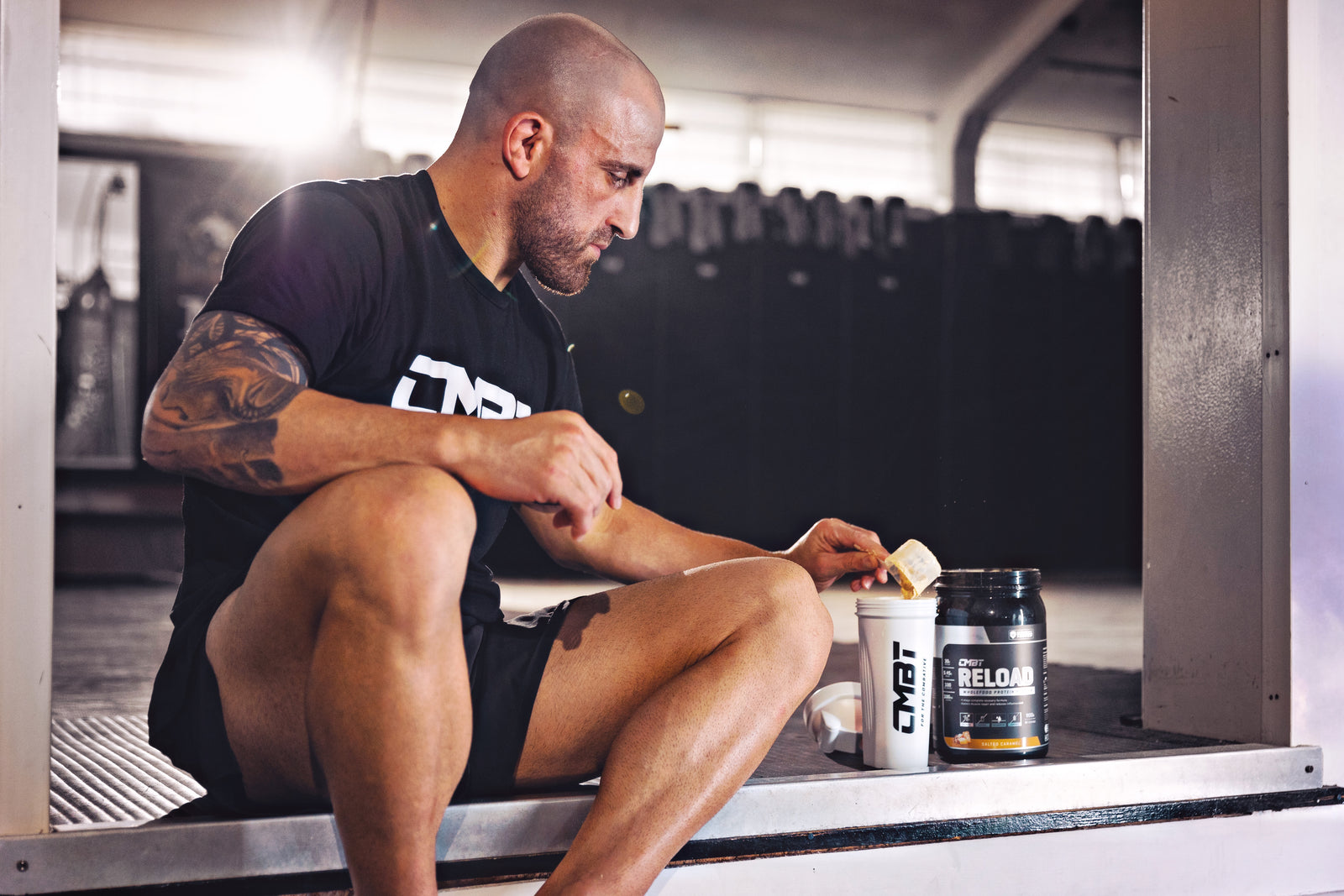



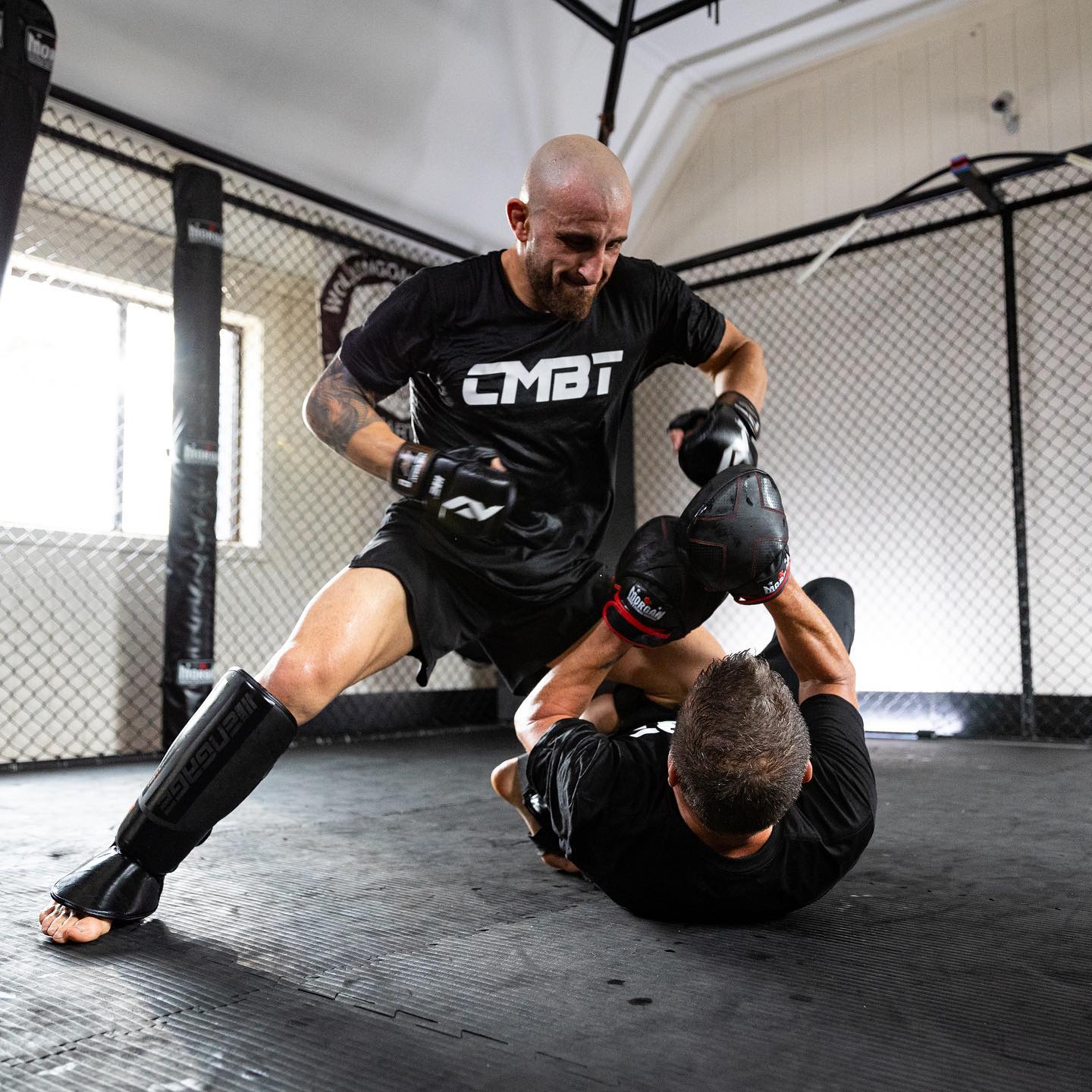
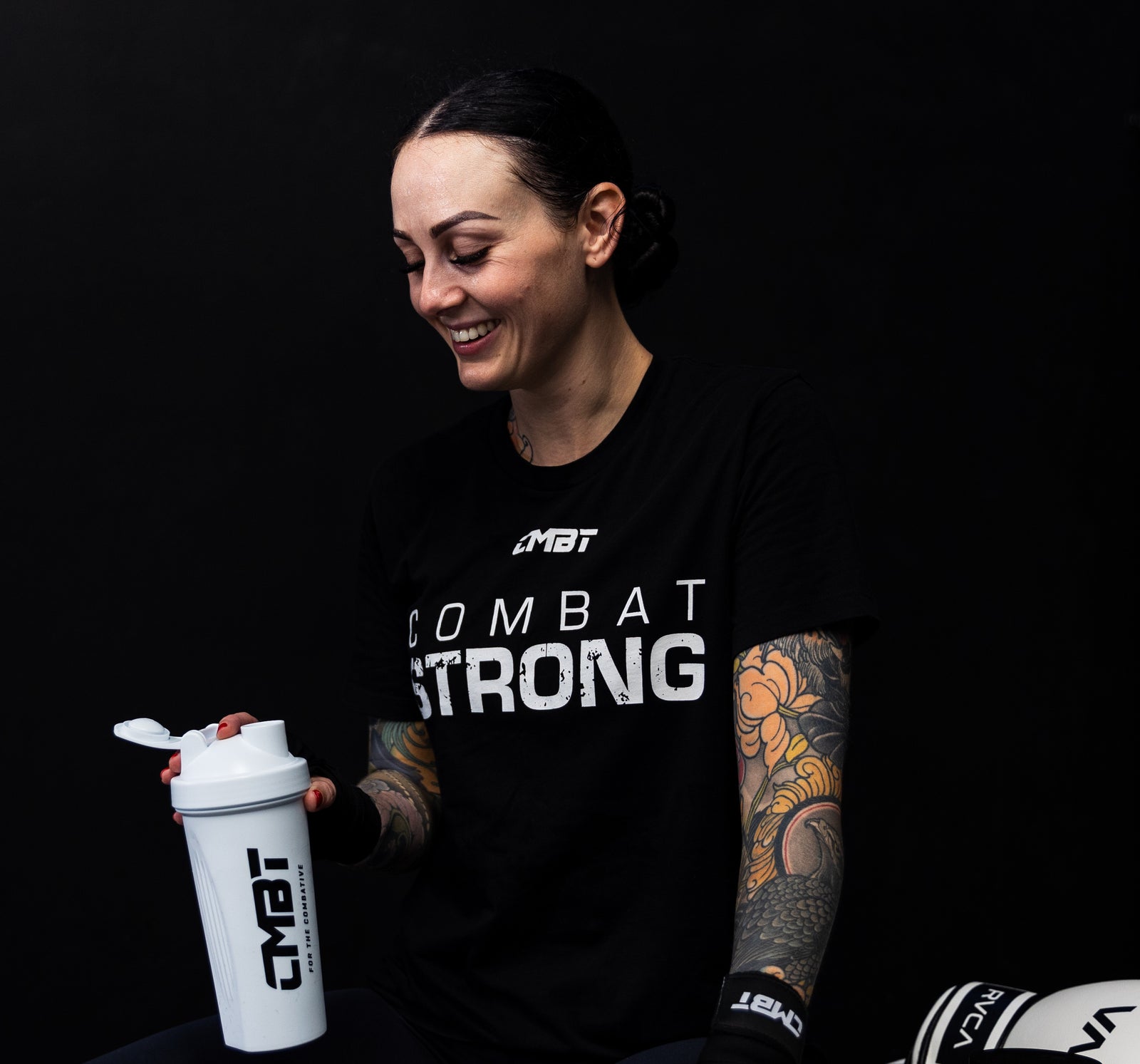
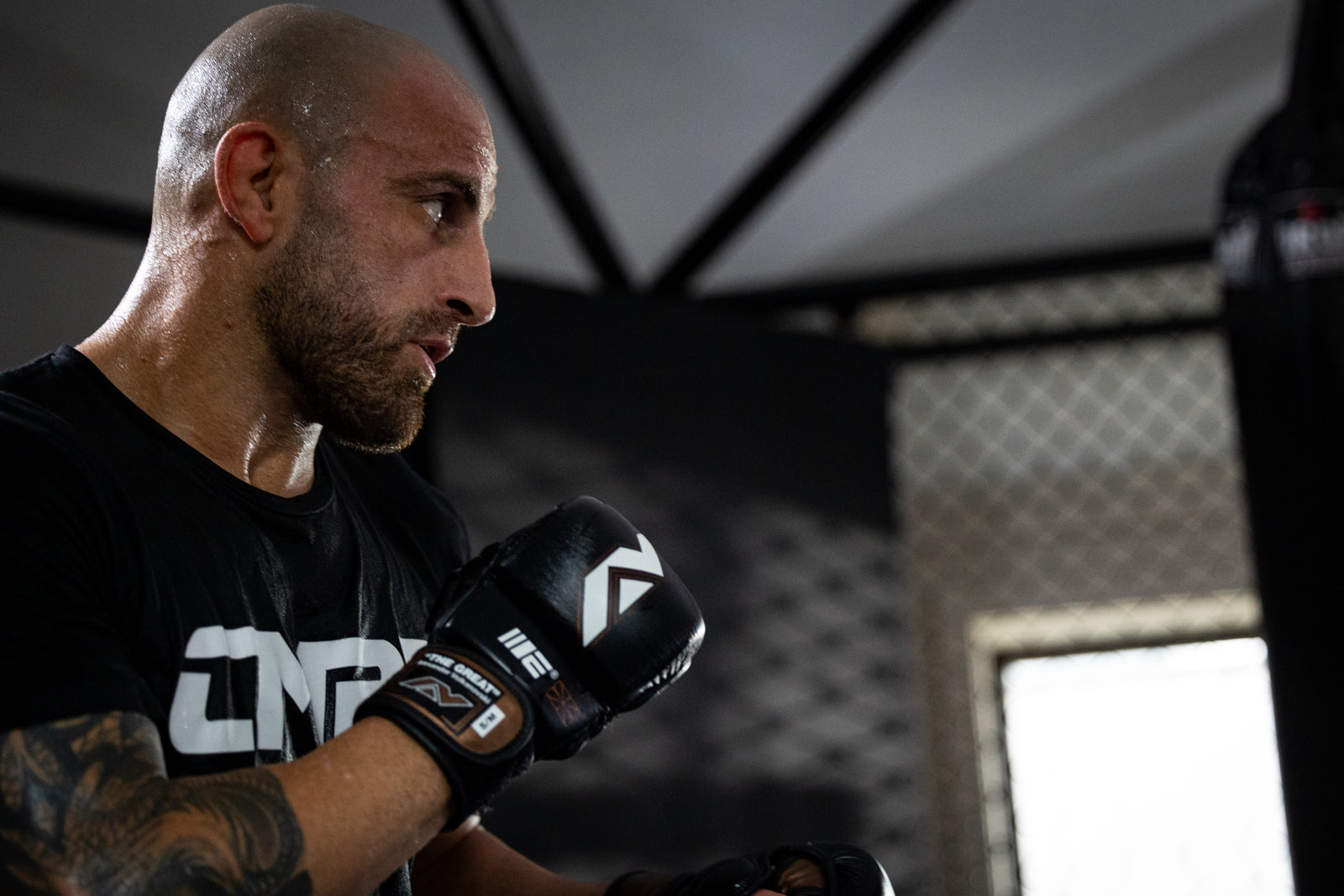


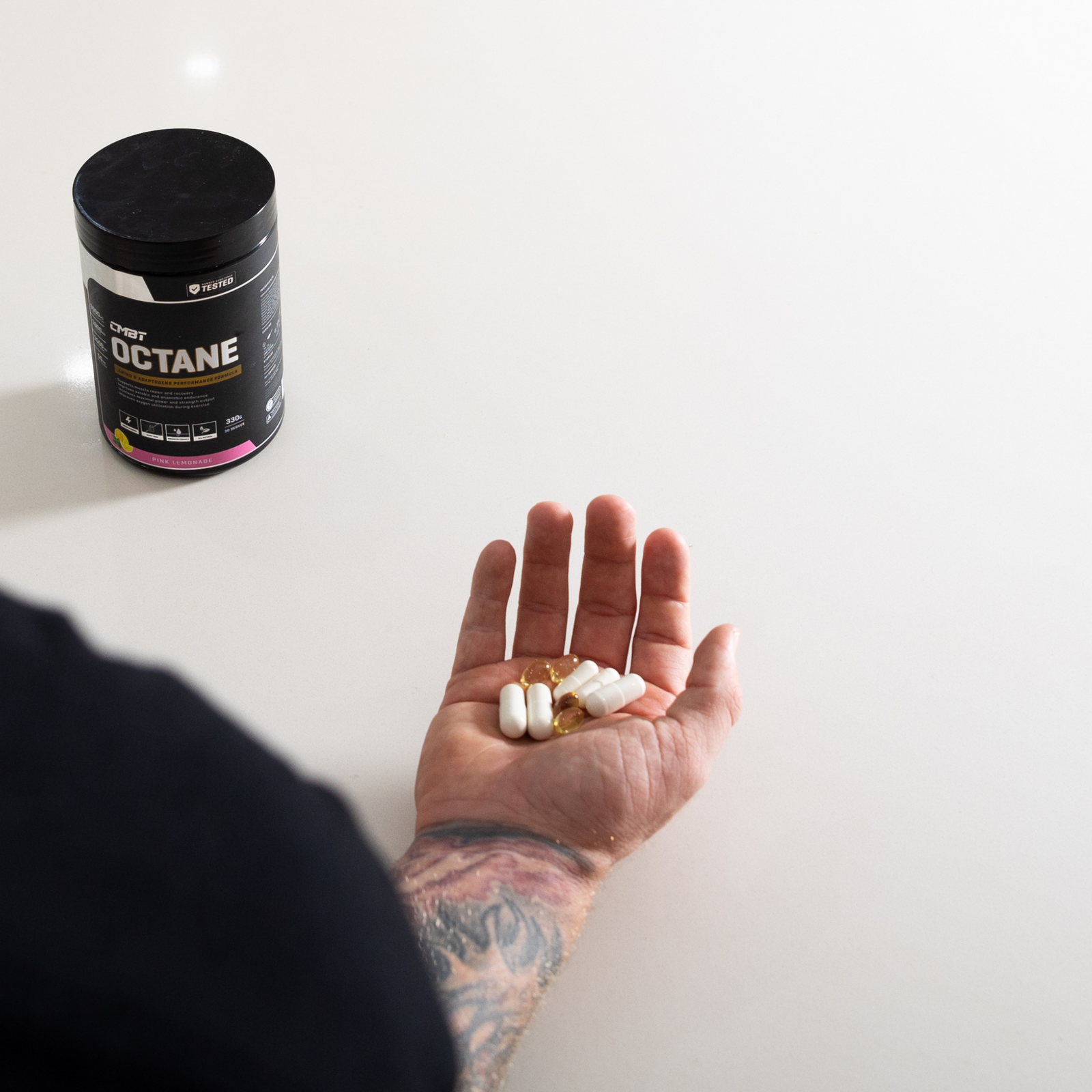

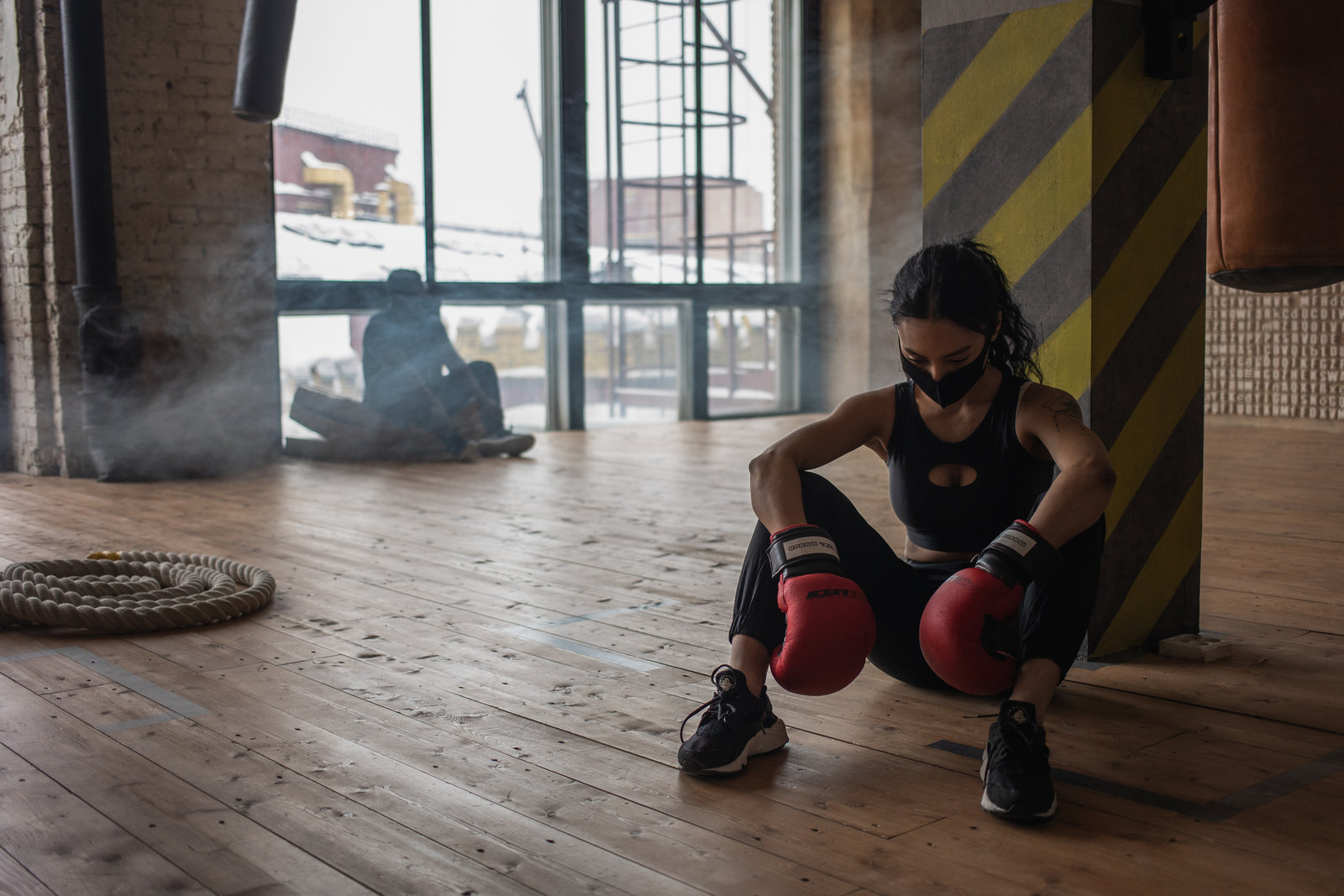
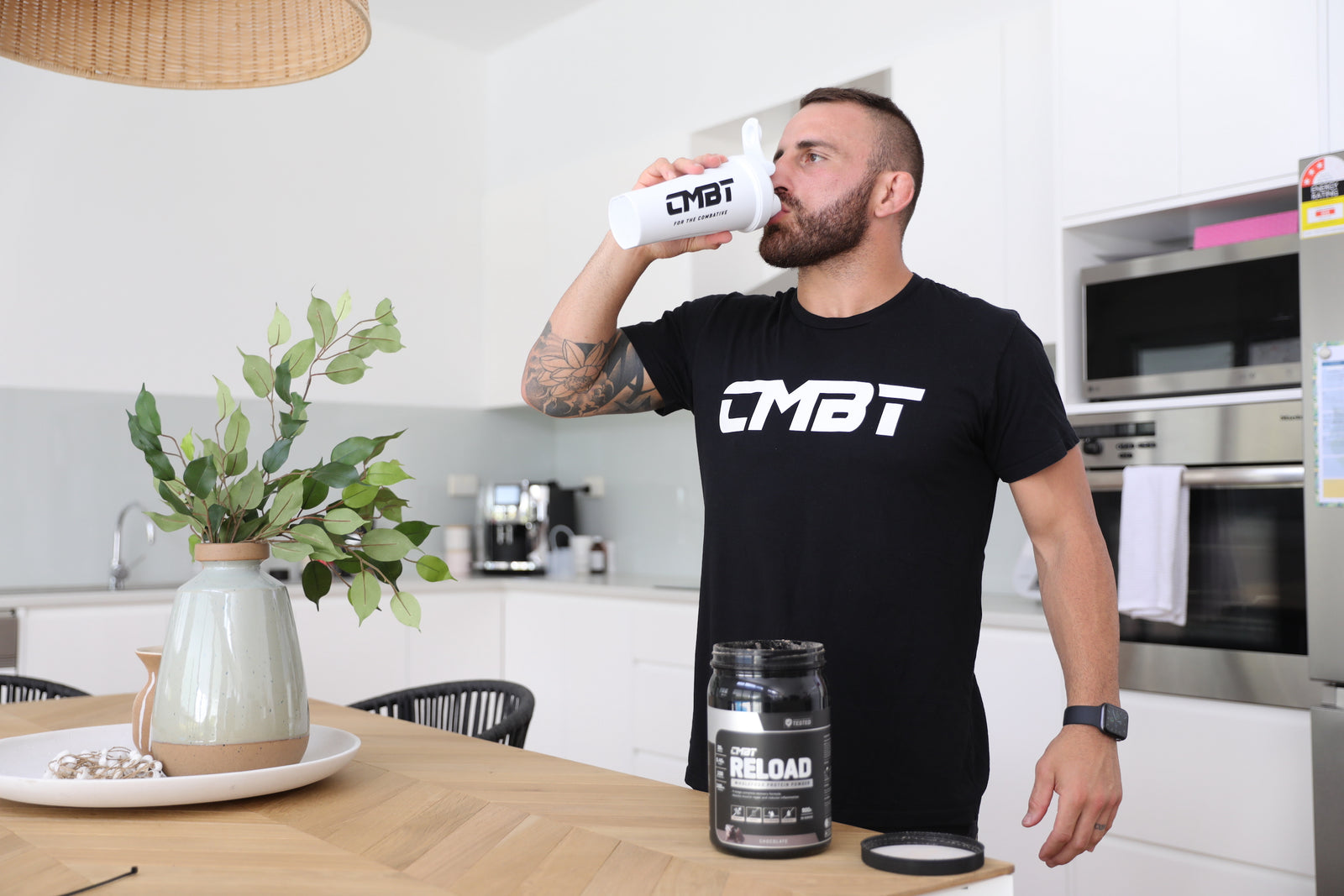
![[VIDEO] Fuel Your Passion feat. Sami Locke](http://cmbt.com.au/cdn/shop/articles/Sami.jpg?v=1625826844&width=1600)